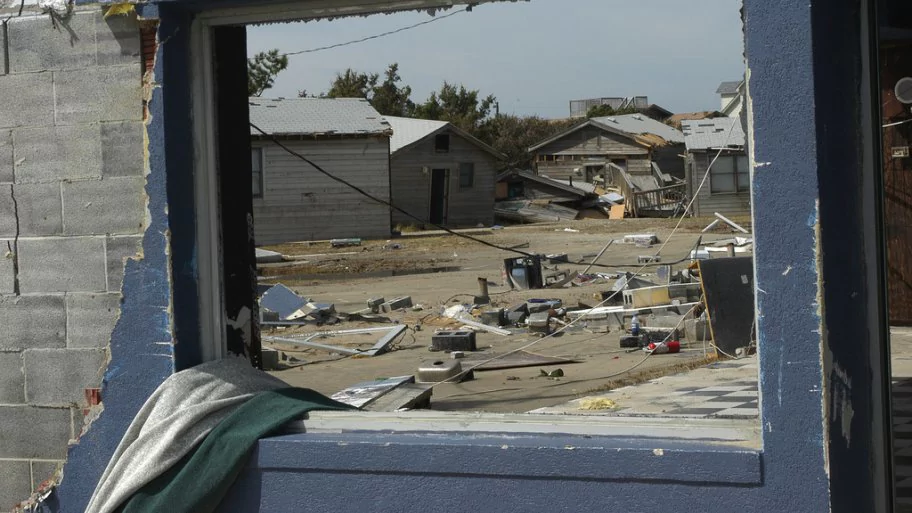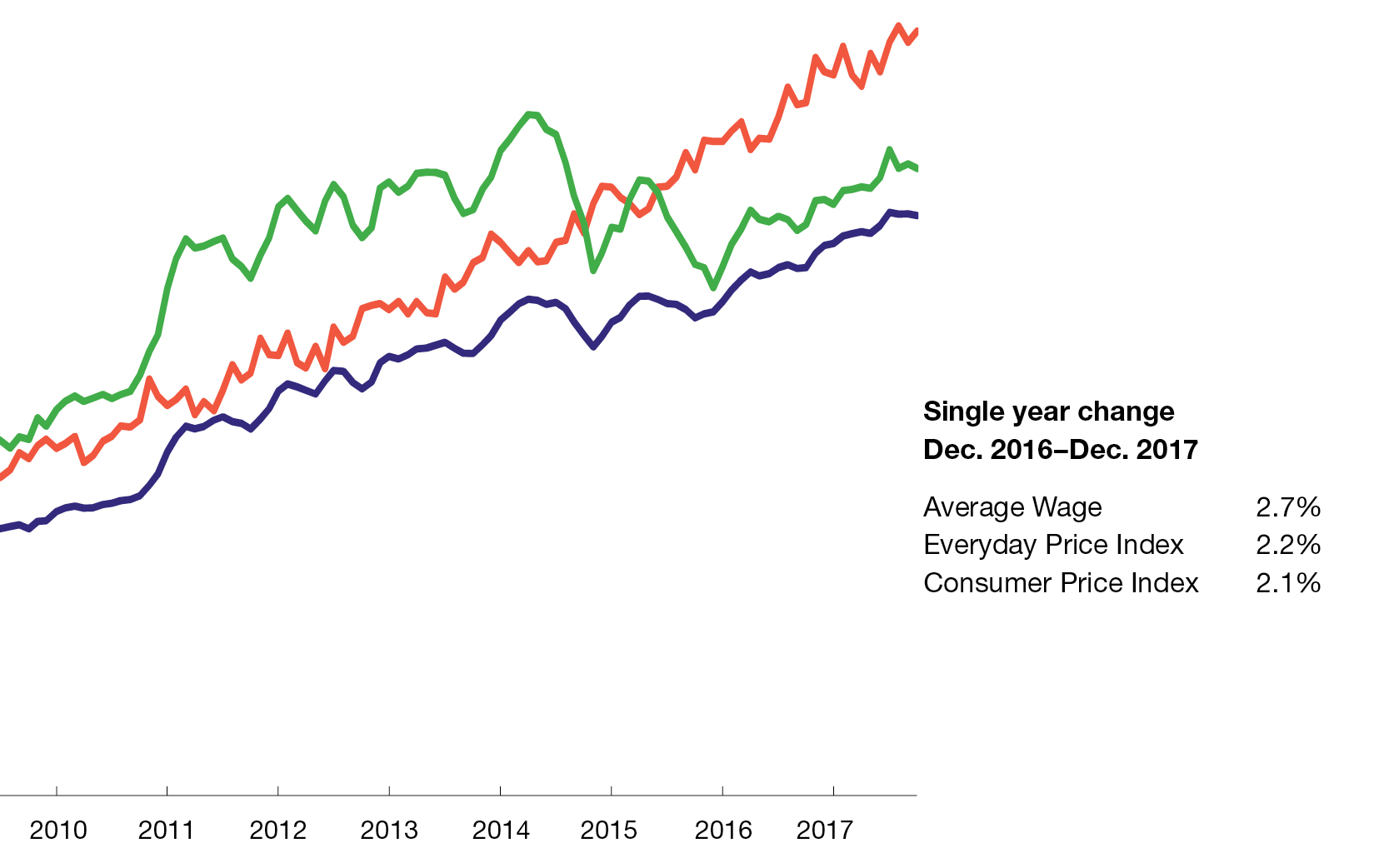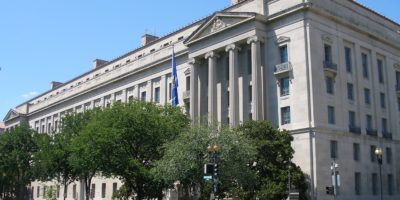A Tale of Two Responses

A natural disaster like Hurricane Harvey typically elicits at least two kinds of response. The first is “We should have planned better for this.” The second is “This is going to create jobs and stimulate the economy.” Behind each of these is a different, but regrettably persistent, economic fallacy.
Ignoring Scarcity
A “once-in-500-years event” such as the one the region around Houston has suffered recently is not necessarily something you would want to plan for, even if you could. Why not? Because valuable resources are scarce and have alternative uses.
There’s a saying among economists: “The first principle of economics is that valuable resources are scarce; the first principle of politics is to ignore the first principle of economics.” When natural disasters become politicized — and politics seems to follow hurricanes as inexorably as the rising tide — people try to score political points by blaming someone for “lack of proper planning.” For example, some are blaming lack of land-use regulation in Houston rather than 50 inches of rain for the hurricane damage.
It’s sensible for local communities to be ready for bad weather or perhaps even to prepare for a once-in-100-years flood. But adding another century or two to that level of preparedness costs resources, resources that might have been used for other, probably more important purposes, and those costs may actually outweigh the added benefit. Indeed, if we spend all our wealth preparing for such highly unlikely events, we’ll have nothing left for anything else, such as education or health care. That’s an extreme case, of course, but it illustrates the point that when resources are scarce we need to make trade-offs.
And there are always causes to be passionate about. What’s the most pressing problem facing society? Hurricane preparedness, the opioid epidemic, income inequality, climate change, racism, poverty? Take your pick. Different people and groups will passionately push governments to tax their citizens to pay for the cause they believe is most worthy. But all too often, the nature of politics being what it is, people ignore scarcity and fail to recognize that we have to make trade-offs — that doing more of one thing means doing less of another.
The Fallacy of the Broken Window
Let’s say I have a car and $20,000 in cash. I use the car for work, and I’m planning to spend the $20,000 to buy a second car for my son. Now suppose a hurricane destroys my car, leaving me with the $20,000 but no car. Has the hurricane made me, and the community I am a part of, wealthier?
What is seen: To replace the car, I’ll need to spend my $20,000 to buy one. Some might argue that this is actually a good thing for the economy because now the car manufacturer will have to hire people and spend up to $20,000 to produce a replacement car, spending whatever might be left over on business investment or on consumption. The people on the other end of that spending will themselves spend on still other goods, and so on. And all this happens because a storm destroyed my car. Obviously, as tragic as the destruction is, the silver lining is that it spurs greater economic activity and creates jobs. Such is the logic behind economic analyses such as this and this.
What is unseen: Since I have to spend $20,000 to replace my car, I can no longer buy that second car for my son. It’s true that replacing my destroyed car will stimulate hiring and spending, and raise national-income measures such as gross domestic product, but in the end the community will be poorer by the value of the car that was destroyed. Instead of two cars, or a car and $20,000, I’ll be left with only one car.
Another aspect of this fallacy is that it treats work and production activity as ends in themselves. They are not. We work in order to consume. (If we do something because it gives us direct enjoyment, then it’s consumption, not work, even if it looks like work to an outsider.) If work were an end in itself, it would make perfect sense to encourage rioters to go around destroying not only my car but everyone’s car they come across. Were we thinking of taking a vacation or retiring? Not any longer. Now we can work and work and work to replace everything that is destroyed in order to put the town back to where it was before. Moreover, at that point it will make sense to hire people to destroy everything again to further stimulate economic activity. According to this fallacy — often called the fallacy of the broken window — we would be much, much better off than before any destruction occurred, and GDP would soar.
But aren’t the new cars, houses, and highways likely to be not only newer but also more technically advanced than the items they’re replacing? Doesn’t it benefit the community to have more “efficient” cars, houses, and highways than before? The answer is no if we view efficiency the way economics does. That is, from the point of view of the owners, would the replacements result in a net gain over the goods they’re replacing? If the value of the replacements to them is greater than the cost — taking into account, for example, the cost of buying and operating the replacements, people’s time preferences, and the remaining value of the goods are replacing— the owners would probably have replaced them themselves anyway without the stimulus of destruction, human or natural. If they wouldn’t result in a net gain, then spending on the replacement, even if a technically superior product, would actually result in a net loss of value to them. So while for about $130,000 I could be driving a new, high-performance Maserati GranTurismo, for the cost, my 2008 Honda works just fine as far as I’m concerned.
Neither ignoring scarcity nor destroying cars will promote efficiency, let alone prosperity.






